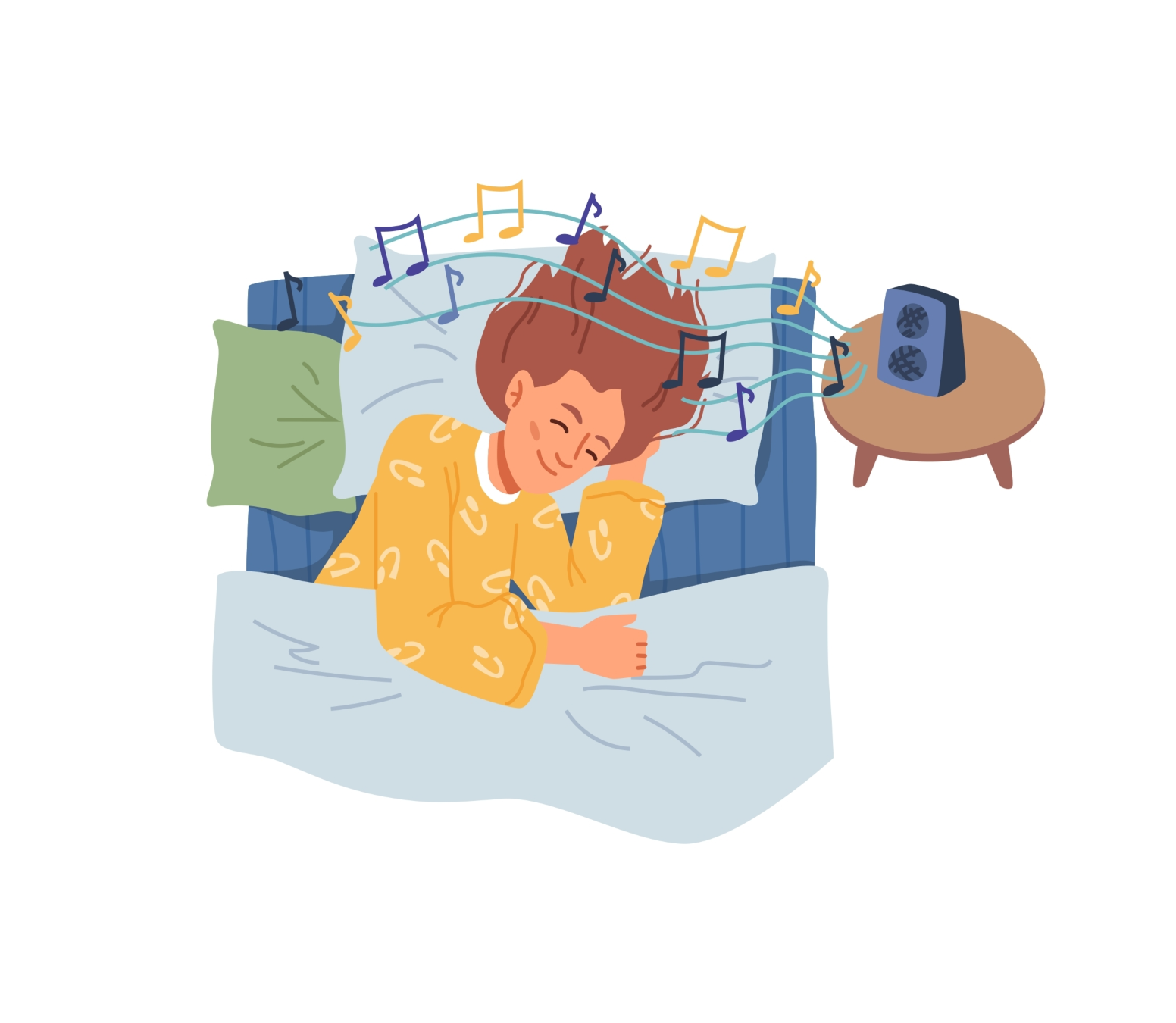There is no way to deny the impact that music has on us. It’s inspirational, expressive, and cathartic. It definitely crosses cultural barriers. But while most people realize these common effects of music, they may not know just how effective it can be as a sleep inducer. That’s right, music can help people fall asleep sooner and improve sleep quality.
Can Music Really Help You Sleep?
There is significant evidence that music helps sleep. If you have children, you’ve probably discovered the nearly magical way that soft melodies and rhythms can help babies doze off. The approach is proven to work on kids even well into elementary school.
That’s excellent news for exhausted parents, but kids aren’t the only ones who can use music for improved sleep. Adults who listen to music before they fall asleep also experience better sleep. Many even report positive results after the first night. However, the most significant improvements in sleep quality happen when adults use music to sleep on a nightly basis.
The specific benefits include:
- Falling asleep sooner
- Getting more restful sleep
- Waking up less frequently
All these benefits lead to greater sleep efficiency.
How Does Music Improve Sleep?
Stress and the production of cortisol cause sleep disturbances. People who listen to music produce less cortisol and are better able to sleep.
Additionally, music increases dopamine output. This hormone is associated with pleasure and can also reduce pain, which is another factor that can disturb sleep.
Your autonomic nervous system controls functions that aren’t entirely voluntary. This includes your breathing. When you listen to music, there is evidence that certain parts of your autonomic nervous system slows down. This may lead to more relaxed breathing and help you fall asleep sooner.
There’s also a psychological component. People who struggle to sleep may begin to associate their bedrooms with tossing and turning, wakefulness, and frustration over their lack of sleep. By listening to music, they can focus on something pleasurable and relaxing.
Finally, music may simply drown out background noise, reducing the likelihood of sleepers being disturbed by invasive sounds.
How to Incorporate Music into Your Sleep Routine
Good news! You don’t have to listen to music that you dislike to fall asleep. No particular genre has proven to be any more effective than another. The important thing is to incorporate it into your sleep hygiene. However, you will probably have to experiment a bit to see what works for you. Some need low-tempo music to sleep. Others do better with up-tempo songs. Create playlists and see what works for you.
What you do want to do is avoid music that causes you to have powerful, emotional reactions. Stick to music that makes you feel good or even neutral.
The best way to listen to music as you sleep is with a small radio or Bluetooth-enabled speaker near your bed. Avoid using speakers with lights, as these might disrupt your sleep. Also, keep the volume low enough that it doesn’t disrupt your sleep rather than help it. And lastly, avoid headphones. They can cause discomfort and may lead to ear infections.

